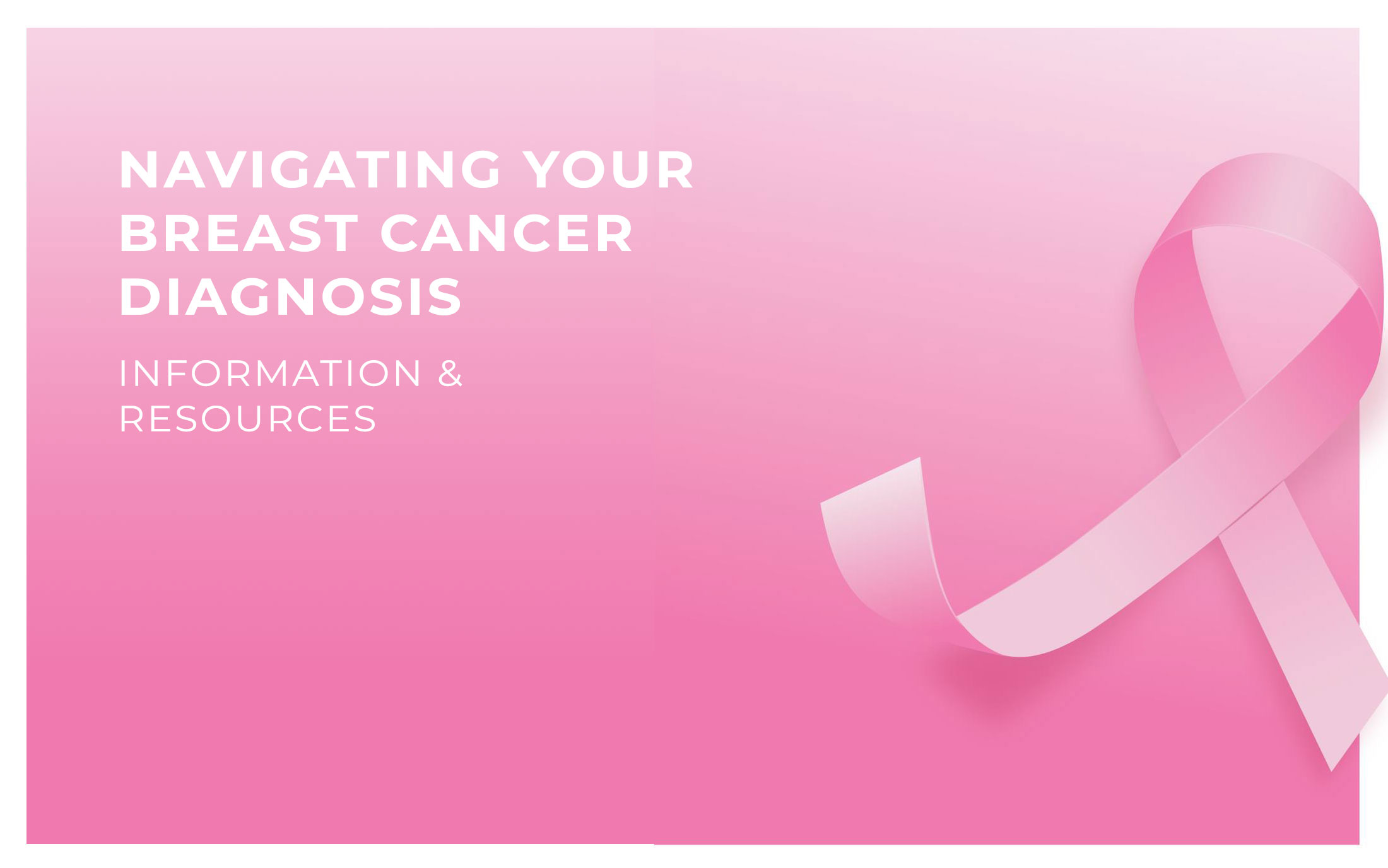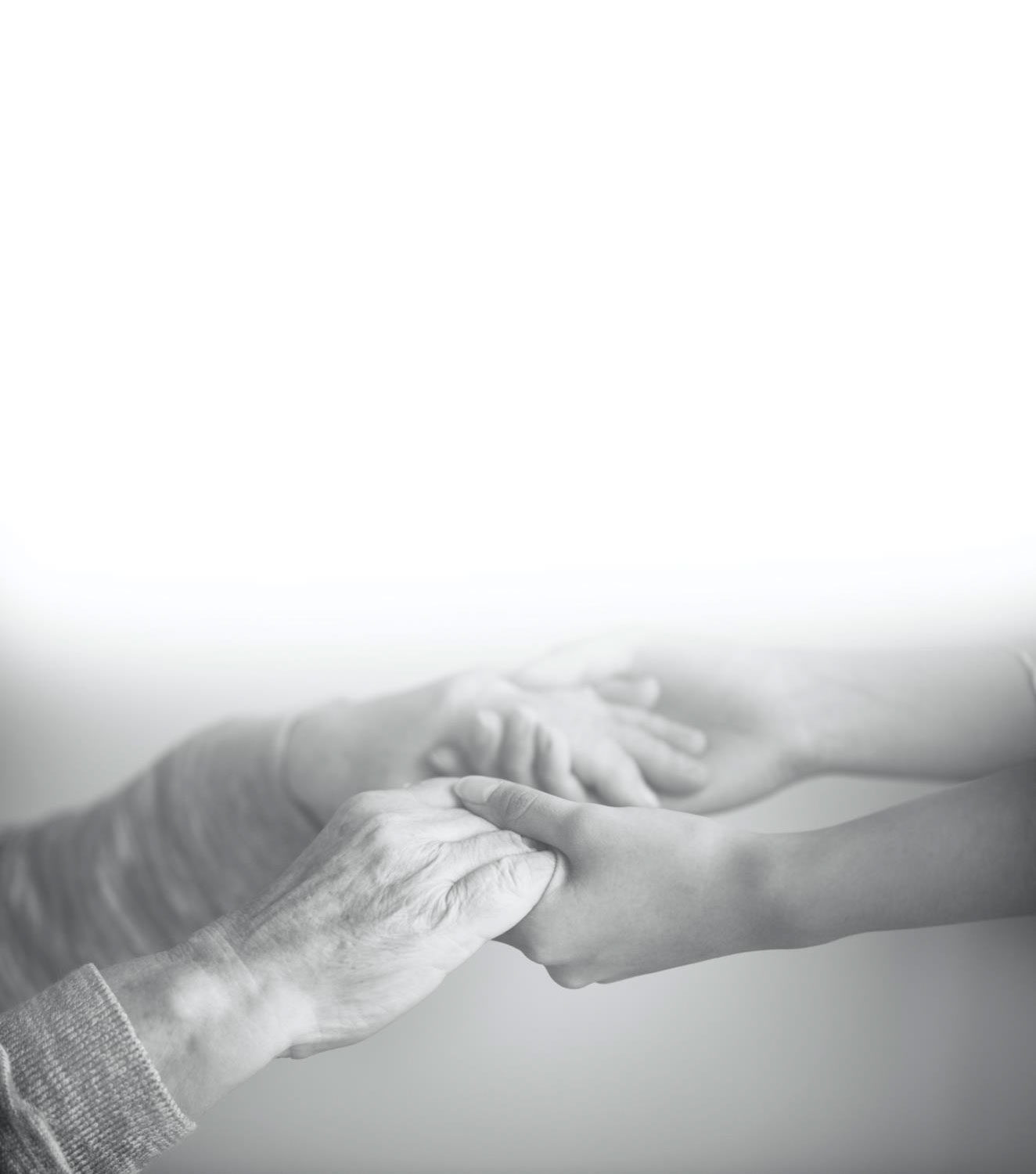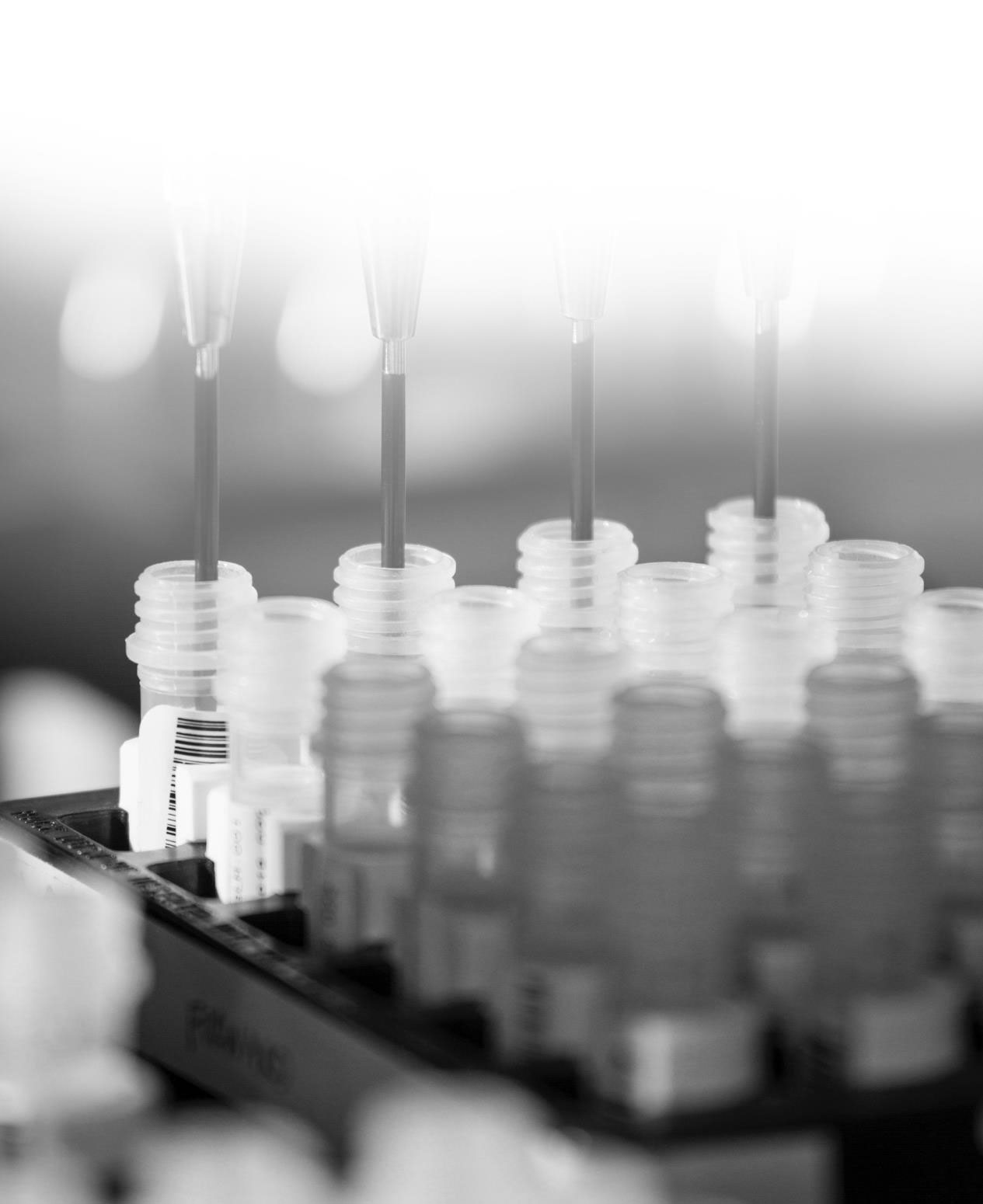Even if a person tests negative for BRCA 1 or BRCA 2, genetic counseling and test results are still important in breast cancer care. In recent years, several other mutations have been discovered which increase breast cancer risk, though not to the level of the BRCA mutations. If a person’s lifetime risk of breast cancer is greater than 20%, then annual 3D mammograms are inadequate for screening. Current recommendations for higher-risk women include annual 3D mammogram, and annual screening breast MRI at the 6-month interval. For example, a mammogram in January, and then an MRI in June.
There are also now direct to consumer “home test” kits available for BRCA testing, from some of the same companies that test for family ancestry and ethnic background. These kits, however, only test for three BRCA mutations, when there are about 1,000 known BRCA mutations. These home test kits also do not check for other genetic mutations, some of which may increase lifetime breast cancer risk to as much as 40%. A negative home BRCA test may give people a false sense of security as to their true cancer risk. It is important that people who are concerned about breast cancer risk discuss their concerns with their health care provider, who can help them understand their cancer risk even beyond breast cancer and assist them to access quality genetic counseling and testing.
Some people worry about genetic testing and counseling because they fear that the results could be used by insurers or employers to discriminate against them. The Genetic Information Nondiscrimination Act of 2008 (GINA), states that it is unlawful for any insurance company to request, require, or use one’s genetic information to determine one’s eligibility for health insurance or their premiums, contribution amounts, or the terms of their coverage. This law also applies to employment discrimination. Further, the results of genetic testing are considered “Protected
29.
Some people worry about genetic testing and counseling because they fear that the results could be used by insurers or employers to discriminate against them. The Genetic Information Nondiscrimination Act of 2008 (GINA), states that it is unlawful for any insurance company to request, require, or use one’s genetic information to determine one’s eligibility for health insurance or their premiums, contribution amounts, or the terms of their coverage. This law also applies to employment discrimination. Further, the results of genetic testing are considered “Protected Health Information” (PHI), and the release of this information is strictly limited by the Health Insurance Portability and Accountability Act of 1996 (HIPAA), which protects patient privacy.






